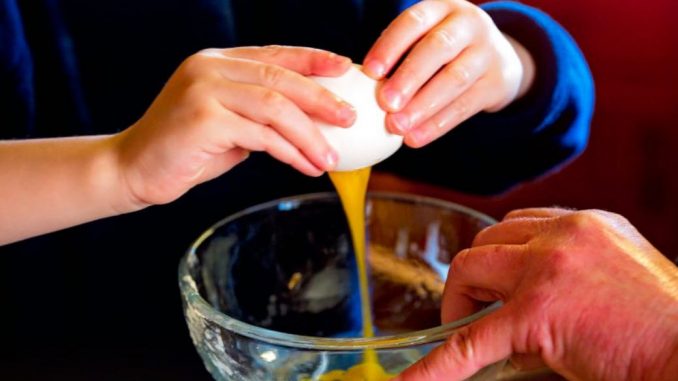
While it is fair to say no two days will ever be the same, a typical childminder’s day could look like the following: This is not a rigid timetable, but a basic routine that can be adapted for individual children depending on their needs.
[cs_table column_size=”1/1″ table_style=”modren”] [table]
[thead]
[tr]
[th]Time[/th]
[th]Activity[/th]
[/tr]
[/thead]
[tbody]
[tr]
[td]7:30 am[/td]
[td] Arrival [/td]
[/tr]
[tr]
[td]8:00 am[/td]
[td]Breakfast/ FREE Play [/td]
[/tr]
[tr]
[td]8:30-9.15 am[/td]
[td]School/nursery drop off [/td]
[/tr]
[tr]
[td]11:30 am[/td]
[td]Morning activity/outing including music groups, cookery groups, toddler groups, visit to the park followed by snack. [/td]
[/tr]
[tr]
[td]12.00 pm[/td]
[td]Nursery pickups [/td]
[/tr]
[tr]
[td]12:30-1.00 pm[/td]
[td]Free play at home time followed by lunch /activity [/td]
[/tr]
[tr]
[td]1.00pm [/td]
[td]Rest time – either upstairs in cot/bed or doing quiet activities downstairs i.e. looking at books, puzzles or just resting quietly on the sofa [/td]
[/tr]
[tr]
[td]2.00pm[/td]
[td]Themed Activity – to follow theme of the moment including looking at seasons, any celebrations such as children’s birthdays, Pancake day, multicultural celebrations etc. [/td]
[/tr]
[tr]
[td]3.00–3.45 pm[/td]
[td]School pick up – Walk to pick up where possible [/td]
[/tr]
[tr]
[td]3.45 pm[/td]
[td]Snack time [/td]
[/tr]
[tr]
[td]4.00 pm[/td]
[td] Free play/ continuation of themed activity for children returning from school [/td]
[/tr]
[tr]
[td]5.00 pm[/td]
[td] Tea time [/td]
[/tr]
[tr]
[td]5.30 pm[/td]
[td]Home [/td]
[/tr]
[/tbody]
[/table] [/cs_table]
Other activities and duties include:
- Planning, preparing and serving healthy, well-balanced meals, these could double up as learning experiences if you allow them to cook with you
- Changing nappies and make up bottles for babies
- Organizing creative play, helping children develop their skills by providing a range of activities, both indoors and outside
- Reading /Storytelling with little ones
- Taking children on outings, such as the park, library or local play groups.
- You may also need to take children to and from school or their other activities and clubs
- Working with other childcare and education professionals in the area, working together to support children’s learning and development – networking and making connections
- Making sure that the children in your care feel secure and are warm and well-fed
- Report back to the parents at the end of the day on daily activities, complete with information on how their child behaved, what they’ve eaten and any other important details you think they should know about

Be the first to comment